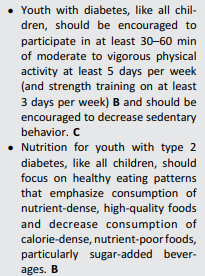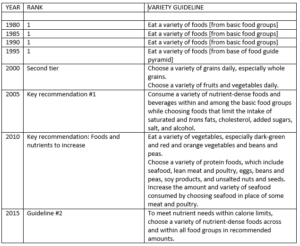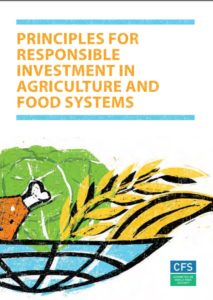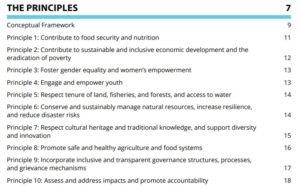The outbreak caused by romaine lettuce contaminated with a toxic strain of E. coli (which I wrote about earlier), was especially serious:
- 210 reported illnesses from 36 states
- 96 hospitalizations
- 27 cases of hemolytic uremic syndrome (HUS)
- 5 deaths
The FDA is continuing to produce comprehensive, thoughtful reports on such outbreaks and recently issued a report of its environmental investigations.
I’ve pulled out some key points from this report about how this outbreak happened and why such outbreaks are so difficult to investigate:
- The traceback identified a total of 36 fields on 23 farms in the Yuma growing region as supplying romaine lettuce that was potentially contaminated and consumed during the outbreak.
- Three of these samples were found to contain E. coli O157:H7 with the same rare genetic fingerprint (by whole genome sequencing) as that which made people sick. These three samples were collected in early June from a 3.5 mile stretch of an irrigation canal near Wellton in Yuma County that delivers water to farms in the local area.
- FDA considers that the most likely way romaine lettuce became contaminated was from the use of water from this irrigation canal, since the outbreak strain of E. coli O157:H7 was found in the irrigation canal and in no other sampled locations.
- A large concentrated animal feeding operation (CAFO) is located adjacent to this stretch of the irrigation canal.
Among the FDA’s conclusions were these:
- There are several ways that irrigation canal water may have come in contact with the implicated romaine lettuce including direct application to the crop and/or use of irrigation canal water to dilute crop protection chemicals applied to the lettuce crop, either through aerial or ground-based spray applications.
- How and when the irrigation canal became contaminated with the outbreak strain is unknown. A large animal feeding operation is nearby but no obvious route for contamination from this facility to the irrigation canal was identified. Other explanations are possible although the EA team found no evidence to support them.
Among its recommendations were these:
- assure that all agricultural water (water that directly contacts the harvestable portion of the crop) used by growers is safe and adequate for its intended use (including agricultural water used for application of crop protection chemicals);
- assess and mitigate risks related to land uses near or adjacent to growing fields that may contaminate agricultural water or leafy greens crops directly (e.g. nearby cattle operations or dairy farms, manure or composting facility).
Contamination of leafy greens with toxic bacteria from animal waste has been a problem for years.
Growing vegetables near CAFO’s seems like a particularly bad idea. CAFOs, which produce vast amounts of untreated animal waste should not be located near water sources.
Requiring CAFOs to treat animal waste, as human waste is required to be treated, is a necessary first step in producing safe food.
Commissioner Scott Gottlieb’s statement
Because leafy greens are a highly perishable commodity, the ability to traceback the route of a food product as it moves through the entire supply chain, or traceability, is critical to removing the product from commerce as quickly as possible, preventing additional consumer exposures, and properly focusing any recall actions. During the romaine investigation we found the typical traceback process to be particularly challenging because much of the finished lettuce product contained romaine that was sourced from multiple ranches As a result, our investigation involved collecting documentation from each point in the supply chain to verify the movement of product back to the Yuma area. Complicating this already large-scale investigation, the majority of the records collected in this investigation were either paper or handwritten.






